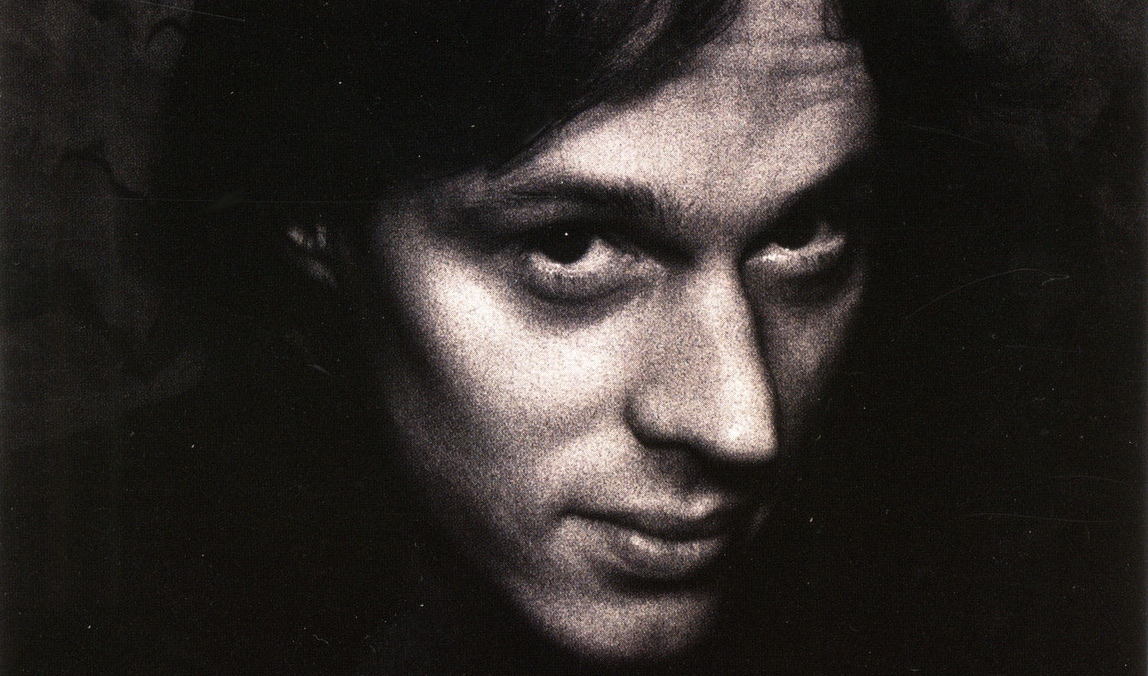Canon is hardly foolproof. It’s generally not wrong—no one’s saying there’s any argument to be made against Sgt. Pepper’s or The Godfather—but it is incomplete. Sometimes it’s underexposure and sometimes it’s overexposure, but for whatever reason, things fall through the cracks.
With that in mind, The Back Pages is a crate-digging, B movie–watching, moldy book–reading column with the intention of offering a hand from the departing ship of the common vernacular. It’s cultural mutiny, from stern to bow. Jump aboard.
Appropriate given the prickly ’70s East Village scene that Television was born out of, the music of Tom Verlaine is like a drug. Some new kind of drug, no doubt, but a dangerous one, nonetheless, causing hoards of hopeless humanities students year after year to fall for the same trap of obsessing over Marquee Moon without first preparing themselves for the inevitable heartbreak of having to accept that Television was never to live up to its potential.
I was one such fool, and though I’ve learned to cope quite well with Adventure (which is far better than some might lead you to believe, thank you very much), there’s still an Almost Famous–sized hole in my heart where I pine for an alternate universe in which the band went on to be the Led Zeppelin of angular rock and roll. For what it’s worth, people probably had the same expectation for The Strokes after Is This It and Room on Fire, and you see where that got them.
Lingering what-ifs aside, Television’s demise may not have been the worst thing to ever happen.
Lingering what-ifs aside, Television’s demise may not have been the worst thing to ever happen, as the initial 1979 solo albums released by Tom Verlaine and Richard Lloyd immediately after the breakup (Tom Verlaine and Alchemy, respectively) are swell enough—and certainly have their moments—but are ultimately about as satisfying as trying to substitute smoking with Nicorette. It’ll get the job done if you’re really jonesing, but it’s not the same.
By 1980, all ten of the original Television fans had seemingly given up to make a full-time occupation out of standing gape-jawed at the rocketing success of other CBGB staples, but Verlaine soldiered on, and thank god he did. Dreamtime, his second solo LP, came out in 1981 and is far and away the crowning jewel of his non–Marquee Moon career.
Verlaine always had a reputation for being strange and tough to work with, but listening to Dreamtime reveals a more complicated and paranoid character—one for whom the future was a blank canvas, without Richard Hell, without Richard Lloyd, without Patti Smith, without Television. For those familiar with the state of New York around this time (or for those who lived through it, bless your heart), you’ll know that the paranoia wasn’t out of place—nor was it ever far from the red-eyed and panicked work of other prominent Big Apple artists, particularly those close to and within the rock and roll scene.
“I see what makes a man go dry / He cannot close his eye / Help me,” pleads a shaky Verlaine on “Always,” presumably into a mic positioned over his shoulder. “Kindness to strangers, cruelty to your friends / A new czar in the nothing regime,” he quivers on “A Future in Noise,” pulling the knife out of his back.
A tad dramatic, but it’s not like Verlaine was particularly well-suited to any other mood in the past. Think about it: except for the “huh?”s on “Venus”—which were probably Hell’s idea regardless—and the pointed stop halfway through Verlaine’s pronunciation of “diction” in “Friction,” can you recall any legitimately funny moments on Marquee Moon? For the most part, it’s a deathly serious record.
Fast-forwarding four years, Dreamtime is what happens when youth isn’t a fallback for cynicism anymore, and when extended melodrama becomes nihilistic, turning sentimentality into aggression. From the opening chords of “There’s a Reason,” Verlaine’s guitar parts are phrased with a shade of violence—no doubt in some instances encouraged by the frustrations of having to rerecord half of the album after some of the original sessions were lost. Solos on “The Blue Robe” and “Down on the Farm” don’t seem to be structural decisions so much as primal ones, like the wails of an animal separated from its pack.
Dreamtime is what happens when youth isn’t a fallback for cynicism anymore.
It goes without saying that the benefit of being able to look back at the complete picture of Verlaine’s career certainly does color my appreciation of Dreamtime—and hindsight is obviously a huge part of loving a work that seems unfairly cast aside—but very plainly, this is a stunning thirty-eight minutes of music, context or no. “Penetration” is freaky and weird without being obtuse (you can summarize the album with the line “I’m forgetting things before I think them”), “Without a Word” is haunting beyond words themselves, and “Fragile” provides one of the catchiest, please-repeat-until-eternity four-chord choruses that you could ever ask for.
The kicker is that it’s all the more powerful when you continue to march through Verlaine’s back catalog and discover that he was less than a year away from his swan song—the eternal “Postcard From Waterloo”—making Dreamtime all the more substantial. For those of us who sit around rewriting the history of Television in our heads, this is history rewritten. FL
https://www.youtube.com/watch?v=ti1GPWZYkLQ







